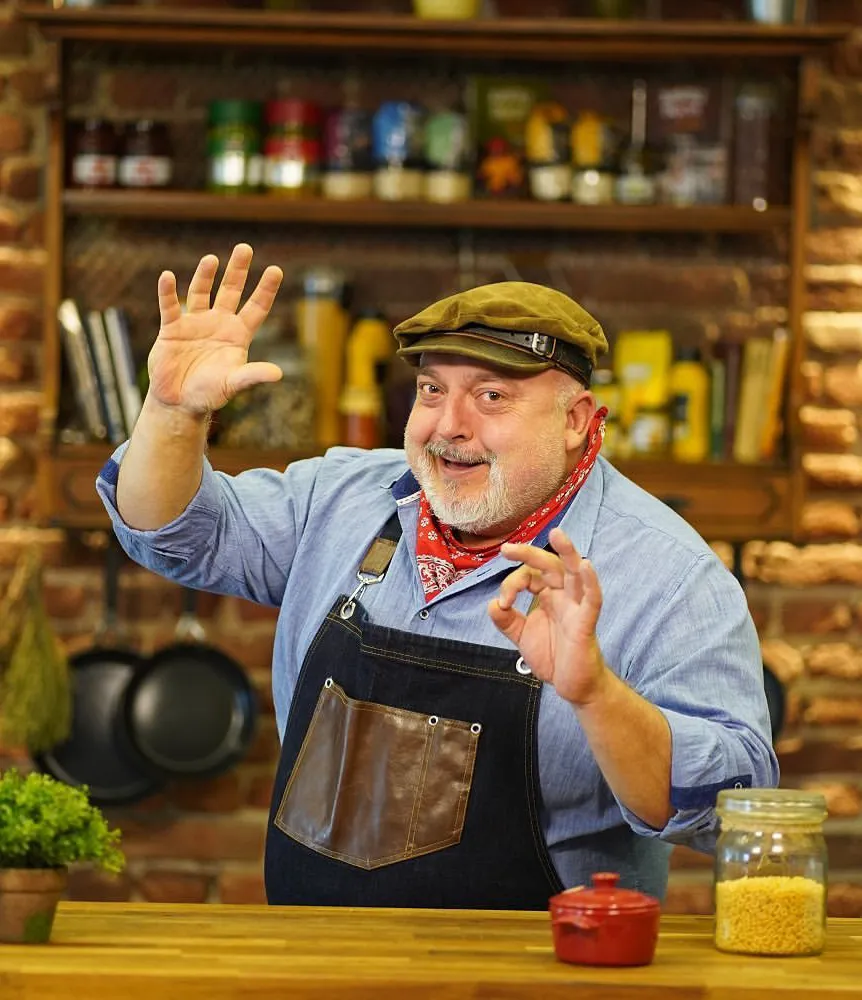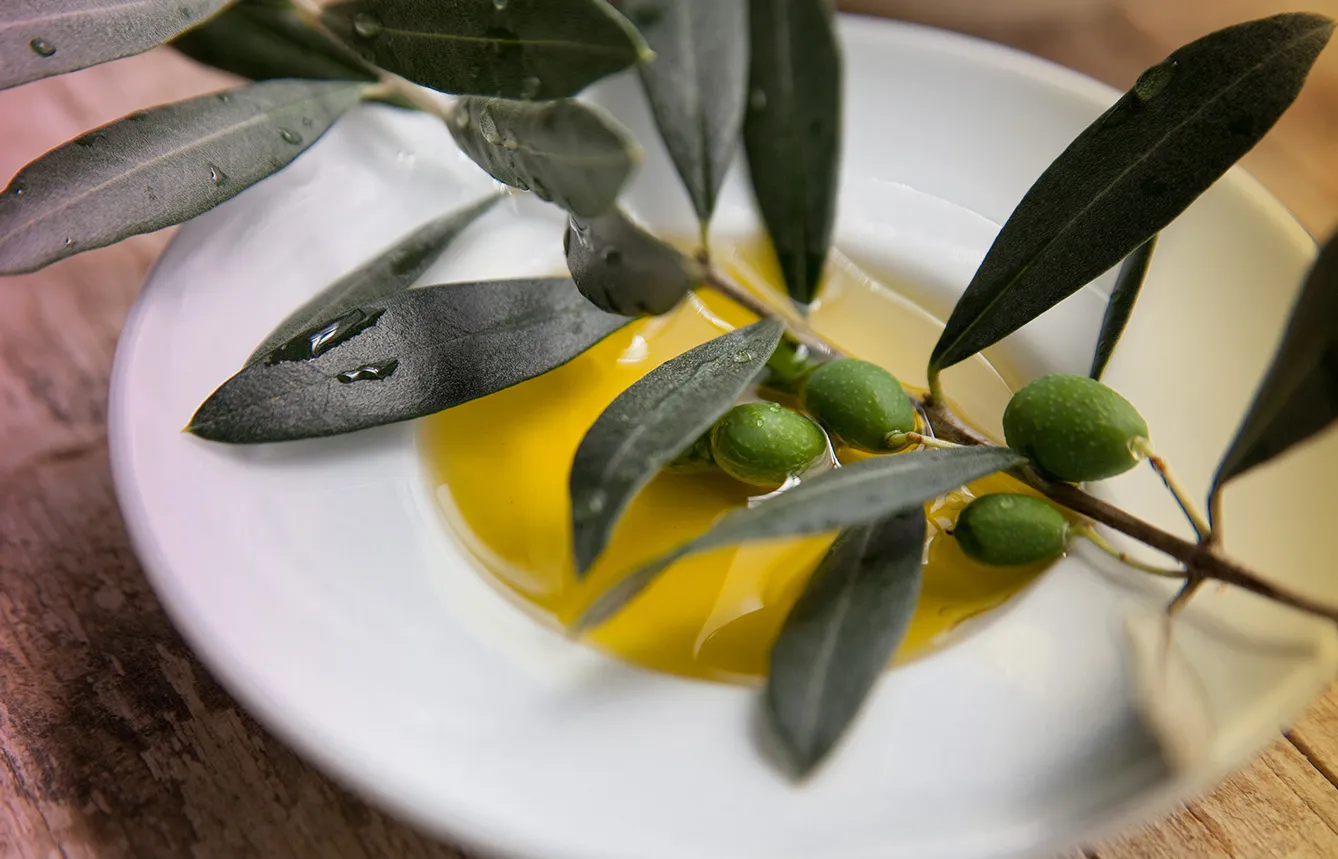Greece and olive oil. How much time you’ve got? The leaves of wild olive trees dating back as far as 60,000 years have been found in fossils from Santorini, but one doesn’t need to go back in time to discover the importance of olive oil for Greece because olive oil is everywhere in contemporary Greece, too. From the fresh salad you’re dying to dip a piece of bread in to soak up the olive oil, olive oil bars, modern shrines of Greece’s new olive oil culture, to Greek skincare brands relying on the olive for their as close as possible to fully natural products.
Greek olive oil at the top of the barrel
And while, as one might point out, Spain is the largest European and global olive oil producer (Spain accounted for 63% of the whole EU olive oil production from 2015 to 2018, according to a study by the European Commission), Greek producers are standing ready to quote another useful number: As a matter of fact, Greece ranks first in the production of extra virgin olive oil courtesy of a very large number of its olive qualifying as a top product from the get-go.
Over the last five years, Greece has produced between 174,000 and 429,000 tonnes of olive oil annually, with as much as 82% of the total production categorizing as high-quality extra virgin olive oil. To top that off, Greece is not only the biggest producer of extra virgin olive oil but also home to the nation consuming the most olive oil per capita in the world – an average of 12,67 liters per capita in the period of 2015-2020, according to data by the International Olive Council.
Still largely an intimate affair, with production taking place on small carefully cultivated olive groves as opposed to Spain’s mega plantations meant for intensive cultivation, Greek extra virgin olive oil is committed to staying exclusively on the top shelve. But with prices rapidly rising due to extreme draughts and the dangerous bacterium Xylella fastidiosa, a major threat to olive trees, it’s more important than ever to know how to pick up the best bottle to complete your Mediterranean diet. What is it going to be? Spanish, Italian, Croatian, a relative newcomer, or Greek? 3Seas Europe asked the experts.
“For me, the best olive oil comes from the island of Crete. It’s a product coming from ecologically clean areas,” says in conversation with 3Seas Europe Bulgarian TV celebrity chef Ivan Zvezdev. “Italians and Spaniards do know how to sell a product, but at the end of the day, it comes to making sure you have the best ingredients. And, of course, it is also a matter of taste. Some like olive oil that doesn’t have such a strong flavor. Others insist on the color,” Zvezdev adds. “Greek olive oil has definitely a stronger position in Bulgaria. It is preferred mainly because of its delicate taste, something that appeals to Bulgarians.”
Need a second opinion? 3Seas Europe sits down with another expert, Uti Bachvarov, Bulgaria’s ultimate TV celebrity chef.
3Seas Galina Ganeva (GG): Do people outside olive oil-producing countries know the product as well as those who grew up with it?
Chef Uti Bachvarov (UB): Olive oil is a wonderful product that, thank God, settled in our consciousness before the communists declared it a bourgeois product. Bulgaria has always been licked by the shores of the Mediterranean, where olive oil has always been part of their Mediterranean culture. There is not much mention of olive oil in the ethnographic records of Bulgaria because the people were poor, and the product had to be imported. As simple as that.

GG: Now that more people are discovering olive oil, how can they tell apart a good product from a mediocre one?
UB: I believe that olive oil should be judged according to its qualities, its origin, the way it is obtained. Unfortunately, in Bulgaria, we are extremely illiterate in the use of olive oil. If a person wants to make an effort to themselves and the food they consume, they should go to a few courses where their senses can be opened. However, it is impossible to say which is better – the Spanish, Italian, Greek, or olive oil coming from the northern coasts of Africa. So, one has to try. Same as with wine.
UB: One must beware of the fakes, which are as dangerous as imitation products. Legislation should include this type of control of fats because they are super harmful and are harming our consumer budget. Speaking of budgets, the price of olive oil has almost doubled, courtesy of bad harvests and droughts. Not great news for consumers. I personally use Greek olive oil in my everyday life, putting aside our occasional differences with our Greek neighbors over the centuries. This year, for Christmas, my loved ones are getting a bottle of excellent Greek olive oil each.
GG: What should we be on the lookout for when chasing down that perfect bottle of olive oil?
GG: So you’re team Greece?
UB: There are many great olive oils. In Spain, for example, there are all sorts of olive plantations of varying intensity. And yes, Spanish olive oils are great, too. Then, you can come across some excellent boutique Italian olive oil with taste and intensity that is different from the Greek or Spanish. But this will, of course, cost you as much as 100 EUR a liter. Super quality Italian olive oils go up to 100 euros a liter. But I go for Greek olive oil because I can buy the product from the source when visiting our southern neighbors. It adds to that feeling that you’re buying a real product just because you can actually meet its maker. With olive oil coming from other countries, I don’t have this opportunity. Italian olive oil, for example, feels too impersonal for me. It’s been bottled, shipped, and marketed. It’s an entirely different industrial process from buying it straight from the source.
GG: And once we have found olive oil that works for us, what do we do with it exactly?
UB: We should not show off and cook only with olive oil. Also, be aware that olive oil changes the taste of each dish. In the case of pasta, it should be drizzled with olive oil and not sunflower oil. People need to learn that using very expensive products to show some prosperity is not always a sign of good taste. When someone who knows their stuff explains the origin and the extraction of olive oil, it’s easy to acquire a more literate approach to food. And that is more important than buying something just because it’s expensive. The old English rule, “I’m not rich enough to buy something cheap,” applies to food too, of which olive oil is a component.







